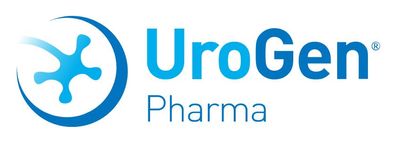

- Home
- Companies
- UroGen Pharma, Inc.
- Products
- UroGen - Model UGN-301 (Anti-CTLA-4) - ...
Significant advances have been made in the field of immunotherapy, as scientists explore how to better harness the immune system to combat cancer. Checkpoint inhibitors such as anti-PD-1, anti-PD-L1, and anti-CTLA-4 are three such areas of study. These antibodies are designed to make tumors more susceptible to the body’s natural immune defenses.
In particular, CTLA-4 antibodies are seen as potentially potent and comprehensively acting immunomodulators due to the ability to stimulate cytotoxic T cells, while simultaneously inhibiting suppressive T-regulatory cells. When administered systemically, they have led to improved outcomes in patients suffering from advanced cancers.
However, experience in a variety of advanced cancers has shown there are significant risks to immunotherapies administered systemically, including side effects that range from mild to potentially life-threatening. Such dose-limiting toxicity is currently preventing patients from benefiting from the full therapeutic potential of this promising target.
Nonclinical toxicity studies are underway to facilitate the initiation of a multi-arm Phase 1 study of UGN-301 as monotherapy and in combination with other agents. Phase 1 is expected to begin in early 2022.
